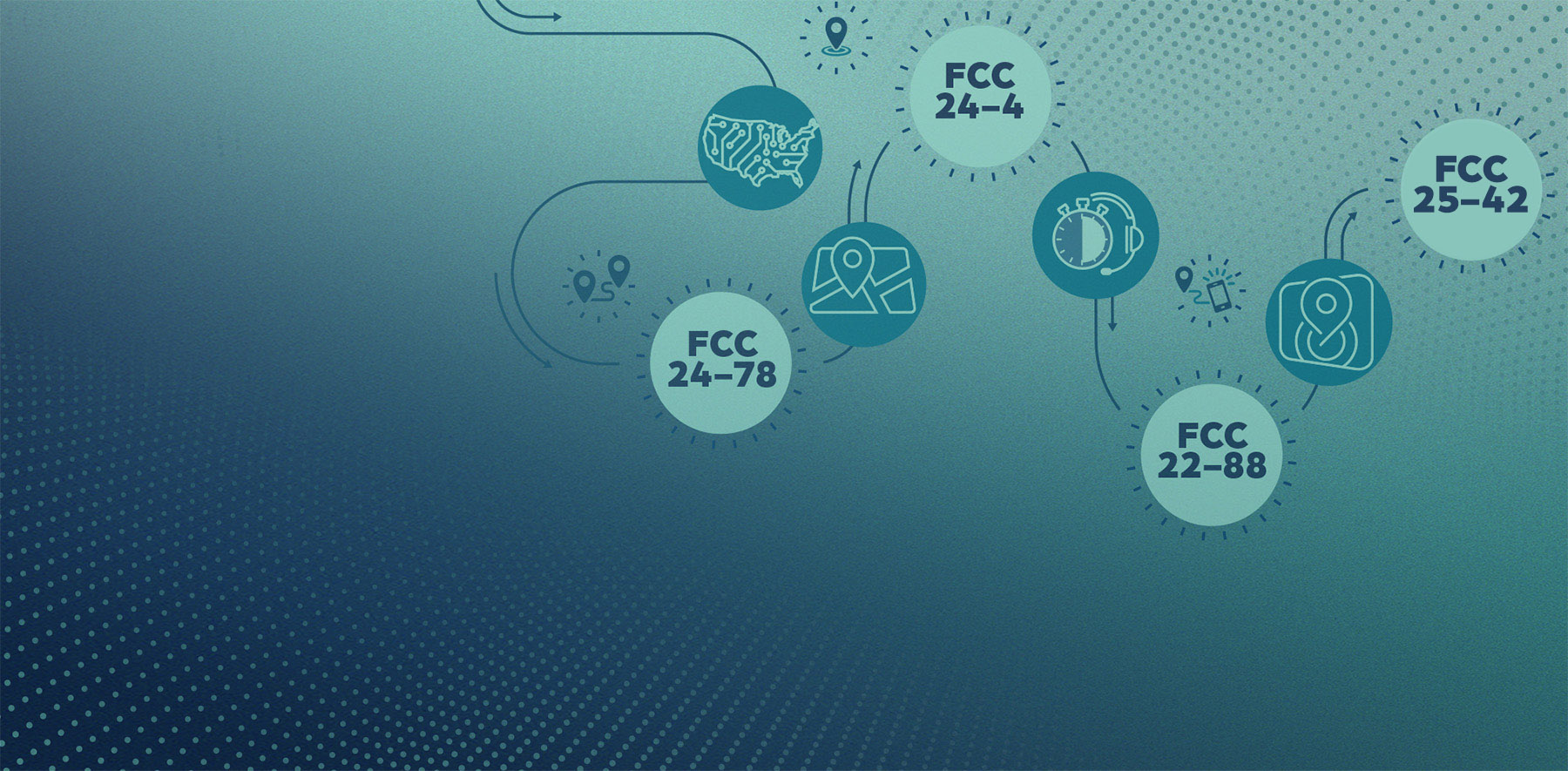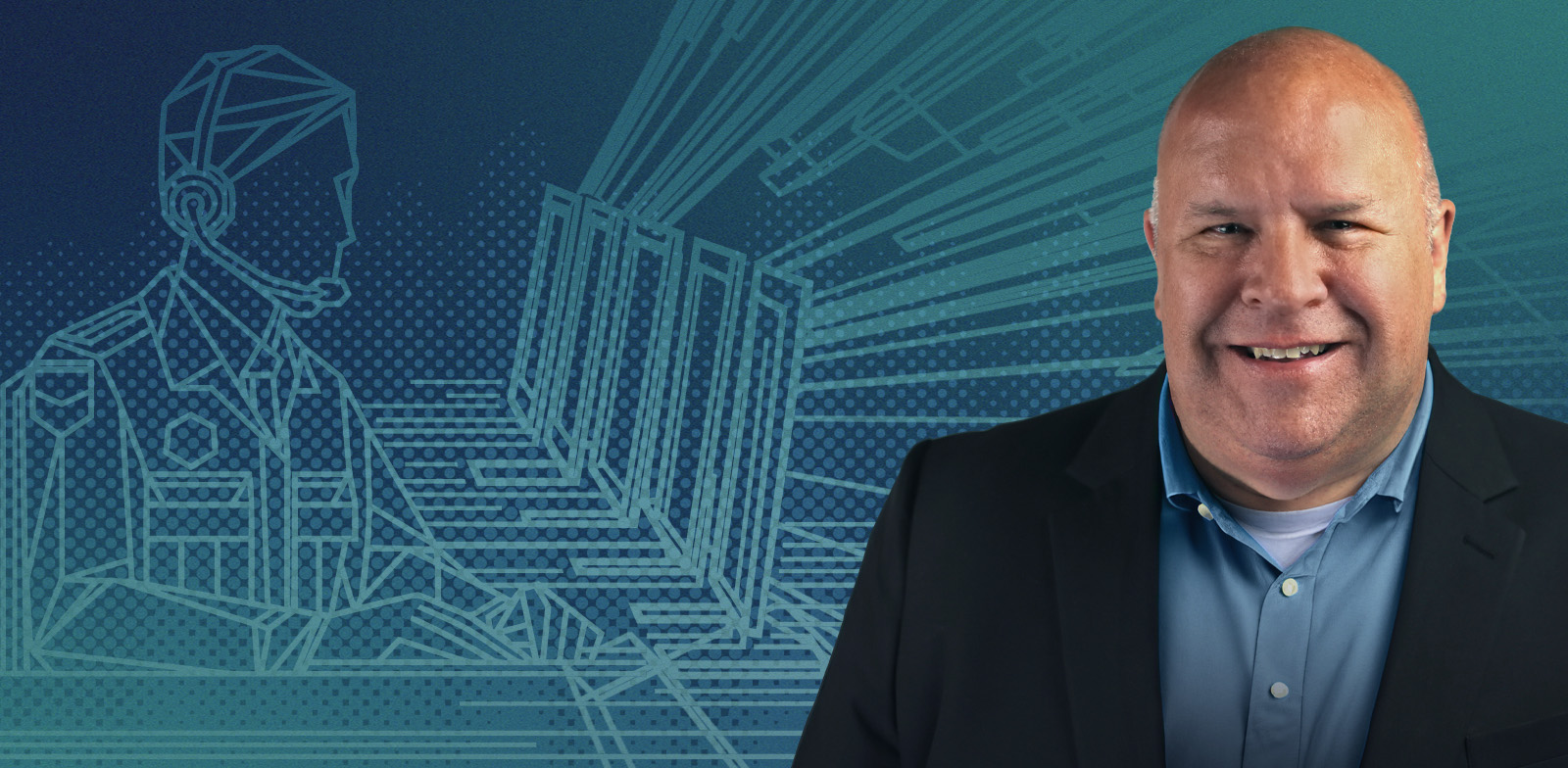Accelerating the Future of Next Generation 911 Services
By a unanimous vote on July 18, 2024, the Federal Communications Commission took a groundbreaking step forward to accelerate the transition to...
2 min read
By Monica Collett Ellis, Product Marketing Director
Sep 11, 2024
The digital transformation has been reshaping industries across the board, and emergency services are no exception. Recent regulatory shifts and technological leaps are breathing new life into 9-1-1 networks nationwide. And it marks a critical step forward in ensuring that 9-1-1 services can rise to the challenges of our increasingly digital world.
In a recent Fast Mode article, “Revitalizing 9-1-1 Networks: The Next Generation of Emergency Services,” Jeremy DeMars, Intrado Senior Manager of Government Affairs, highlights the key pillars of this metamorphosis and explains how these innovations will hasten emergency response times and deliver better outcomes. Below is a high-level summary, but be sure to read the full article on Fast Mode.
One of the major changes is the move from traditional, hardware-based 9-1-1 systems to IP-based networks, known as Next Generation 9-1-1 (NG9-1-1). This pivot is crucial, given that the lion's share of 9-1-1 calls now originate from mobile devices rather than landlines. However, antiquated infrastructure often prevents 9-1-1 call centers from fully utilizing the valuable data provided by smartphones, such as the caller’s location and other contextual data.
Jeremy explains, "NG9-1-1 networks are inherently more complex than traditional hardwired 9-1-1 infrastructure," but emphasizes that the increased complexity is outweighed by the benefits. IP-based networks empower PSAPs to respond faster and more effectively, saving crucial seconds that could mean the difference between life and death in dire emergencies.
Federal and state governments have introduced new regulations to accelerate the NG9-1-1 transition. A prime example is Location-Based Routing, mandated by the FCC, which requires 9-1-1 centers to leverage device information to locate callers instead of relying on less precise cell tower locations. Additionally, Alyssa’s Law, adopted by several states, requires silent panic buttons in schools that offer integrated connections to 9-1-1 centers during emergency events. These changes hinge upon an IP-based infrastructure, underscoring the need for modernization.
"Technology hiccups are not an excuse for an unanswered 9-1-1 call," Jeremy asserts, stressing the importance of keeping emergency services operational, even in the face of new technology challenges.
Once jurisdictions embrace NG9-1-1 infrastructure, they unlock new possibilities for optimizing emergency responses. The ability to instantly identify network issues allows PSAPs to pivot from reactive to proactive operations, preventing network failures before they impact public safety. Moreover, NG9-1-1 systems provide advanced data analytics that help call centers better manage staffing, budget allocation, and operational efficiency.
Jeremy notes, "NG9-1-1 not only provides more information and context but also enables PSAPs to adjust operations based on the very latest metrics and insights."
Deploying NG9-1-1 technology is no small task, but the advantages of real-time data, enhanced analytics, and faster response times are clear. While the complexity of integrating multiple systems may seem daunting, the potential to save lives through improved emergency services makes this transition essential.
As Jeremy concludes, "A tool is only as useful as the professional that wields it," underscoring the importance of strategic partnerships and expertise in navigating this transformation.
For more insights about how NG9-1-1 is shaping the future of emergency services, read the full article on Fast Mode.
Intrado - always there in an emergency.

By a unanimous vote on July 18, 2024, the Federal Communications Commission took a groundbreaking step forward to accelerate the transition to...

At Intrado, we understand the complexity of regulatory compliance—because we’re in it with you. We partner with service providers, public safety...

FCC compliance can feel like threading a legal needle—especially with new Next Generation 911 (NG911) requirements now in effect. As of March 25,...

As of Tuesday, March 25, 2025, 911 Authorities could begin to issue Next Generation 911 (NG911) service requests under the FCC's transition order....